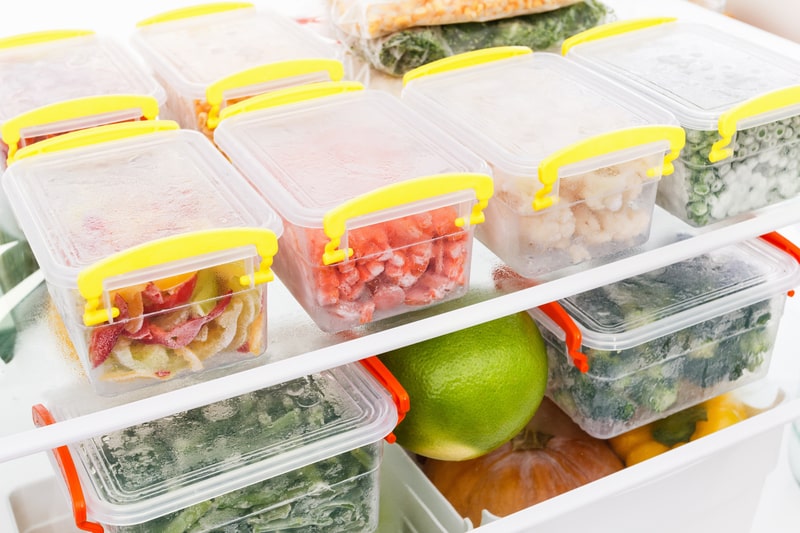
Having proper food storage is essential, and there is nothing better than a refrigerator for that purpose. In addition, for people who need to store food for the long term, a freezer is the ultimate necessity. However, there are different types of cooling appliances, which makes it hard to choose one. That brings us to the point of today’s comparison – cooler vs. freezer. With the article below, we are sharing how these two are different from each other.
Cooler vs Freezer
Cooler
Coolers are commonly known as chillers, and it is only meant to receive the drinks and food items to keep everything fresh. In the majority of cases, the temperature changes are pretty significant, and the temperature range is 0-degrees Celsius to 8-degrees Celsius. It wouldn’t be wrong to say that coolers are not very popular, and their overall capacity is pretty limited. However, some coolers also work at temperatures over 1-degree Celsius.
When it comes down to floor insulation, there is no need for floor insulation or floor warming in coolers. However, the coolers often include the perimeter thermal bridge breaker to keep an eye on the temperature. The coolers are pretty efficient as long as you don’t exceed their capacity. Keep in mind that it will be only suitable for chilling the food for a few days or for chilling the water to make sure there is something cool to quench your thirst.
The coolers are highly likely to be small, which means they are only suitable for small-scale kitchens, but some people also use them as room fridges. One needs to remember that it’s only meant to keep the food items fresh and cool rather than freezing them. However, before you purchase a cooler, make sure that it has enough temperature capacity to keep your food fresh. Keep in mind that the temperature shouldn’t fall below 35-degrees Fahrenheit, or else it will start freezing food.
Freezer
A freezer is designed to work at negative temperatures, which receives products at room temperature and freezes the food items. Freezers are considered domestic appliance which is perfect for storing vegetables, fish, meat, and other food items that are at room temperature or slightly cool temperature. In the majority of cases, the freezer is meant to work at a temperature ranging from -24-degrees Celsius to -16-degrees Celsius, promising top-notch freezing.
If you are concerned about the floor insulation, the freezers do need floor insulation because the temperature range is lower, and insulation is important for building the freezing temperature and retaining the temperature. The freezers can be designed as separate appliances or as a part of the refrigerator, but the internal temperature should be less than 0-degrees Celsius in any case. However, if you have specialized ice cream freezers, the temperature will be even lower.
If you have a freezer as a part of the refrigerator, it will be in a separate compartment and will have its own door. In the majority of cases, these compartments are on the upper side, but they can be on the lower side as well. On the other hand, if you have an affordable model, there are chances that a freezer won’t have a separate door, but there will be a small internal door. Even more, there are some walk-in freezers available in processing plants and restaurants.
Additional Things To Know
When it comes down to the differences between coolers and freezers, there are evident differences in temperature. However, the temperature changes are developed by different thicknesses of the walls and ceiling. In addition, there are differences in floor warming and insulation. It is needless to say that both coolers and freezers are important kitchen appliances, but you don’t need to have both as it comes down to your personal preferences.
This is because if you tend to freeze the leftover food or fresh food for weeks and months, you need to invest in a freezer. On the other hand, if you only need something for chilling your food and keeping it fresh for a few hours or days, you can opt for a cooler. In fact, it’s an apt choice for people who need something portable and convenient for their apartment or room. So, which of these kitchen appliances will you choose for your home?